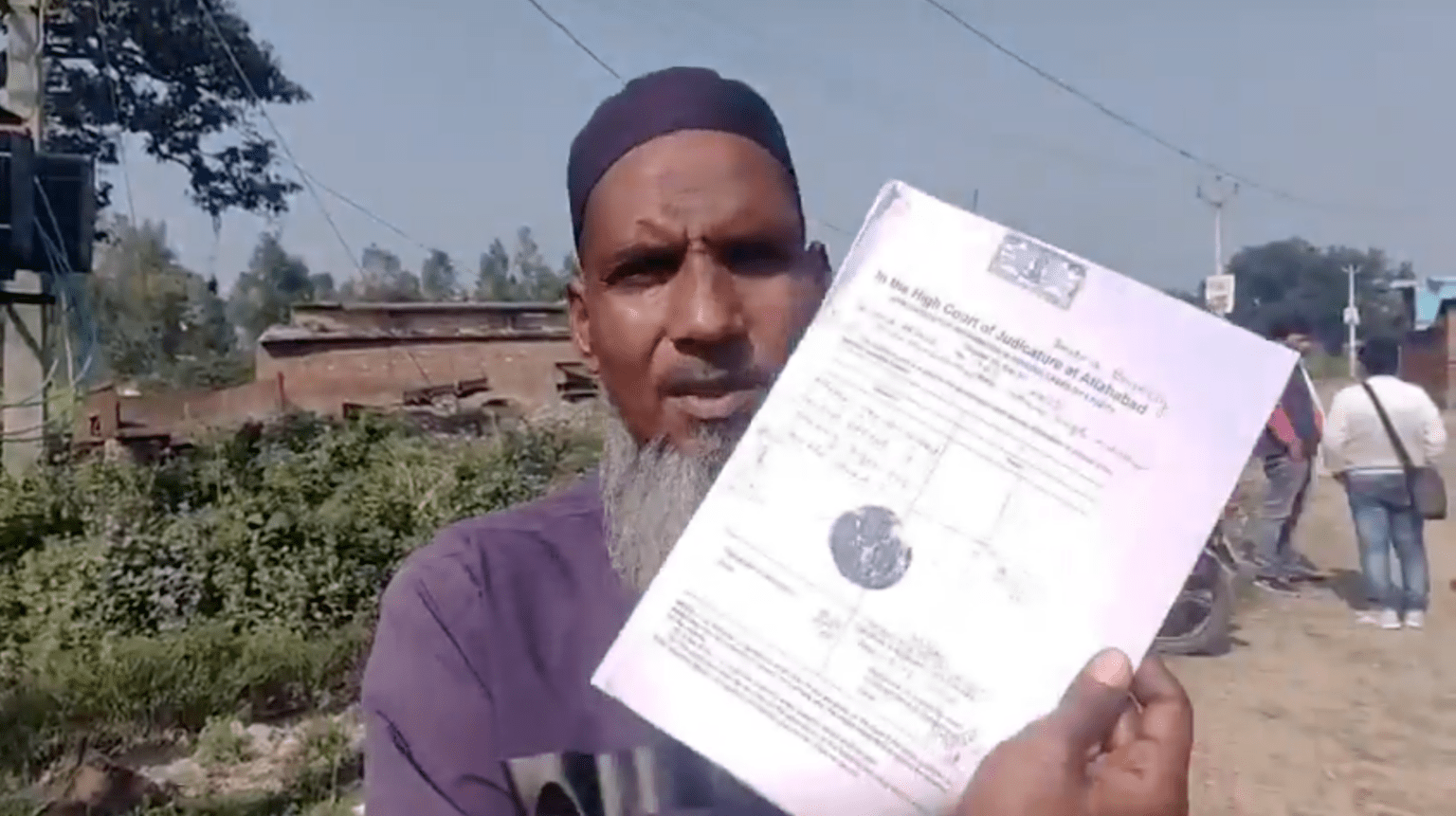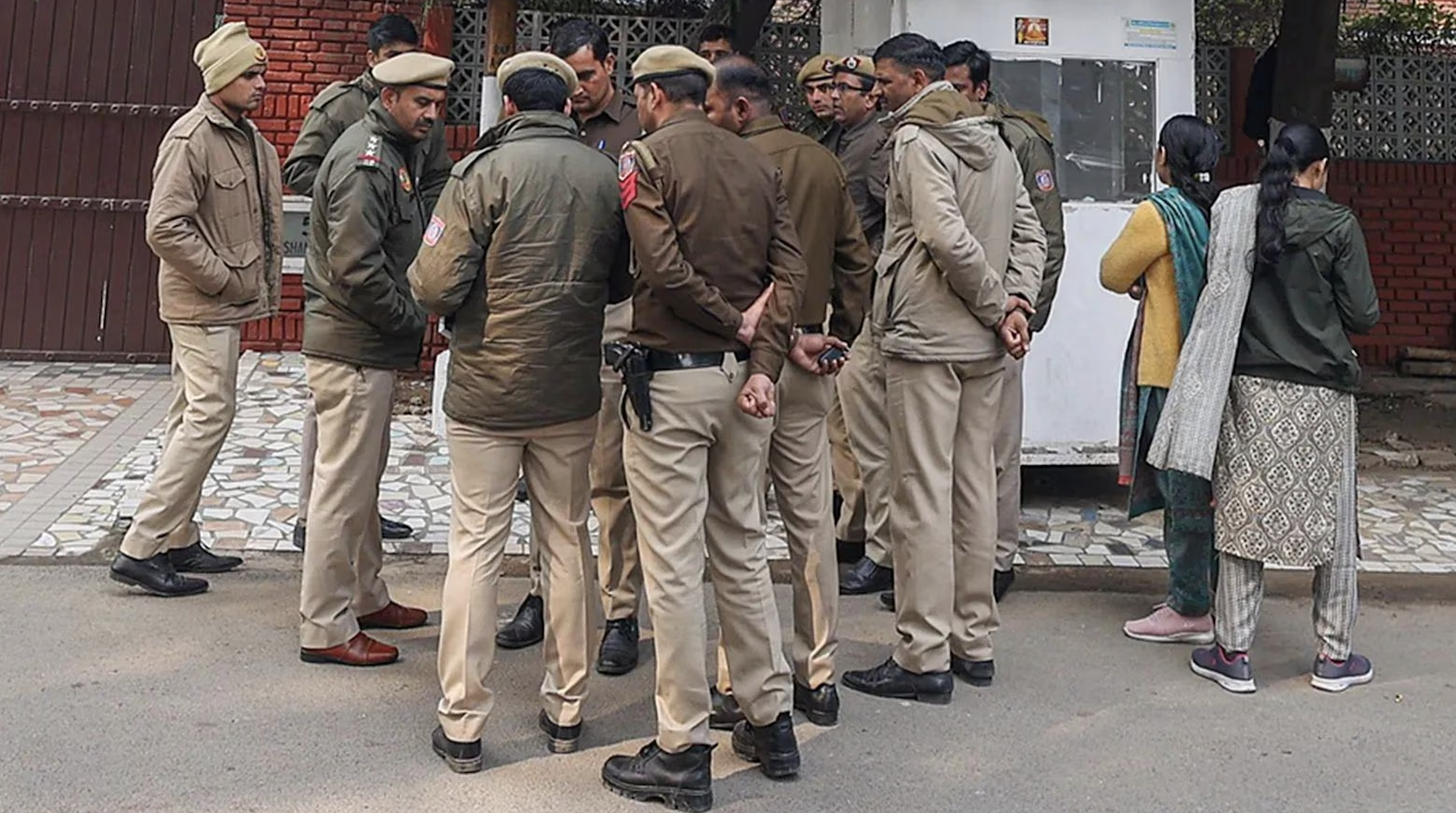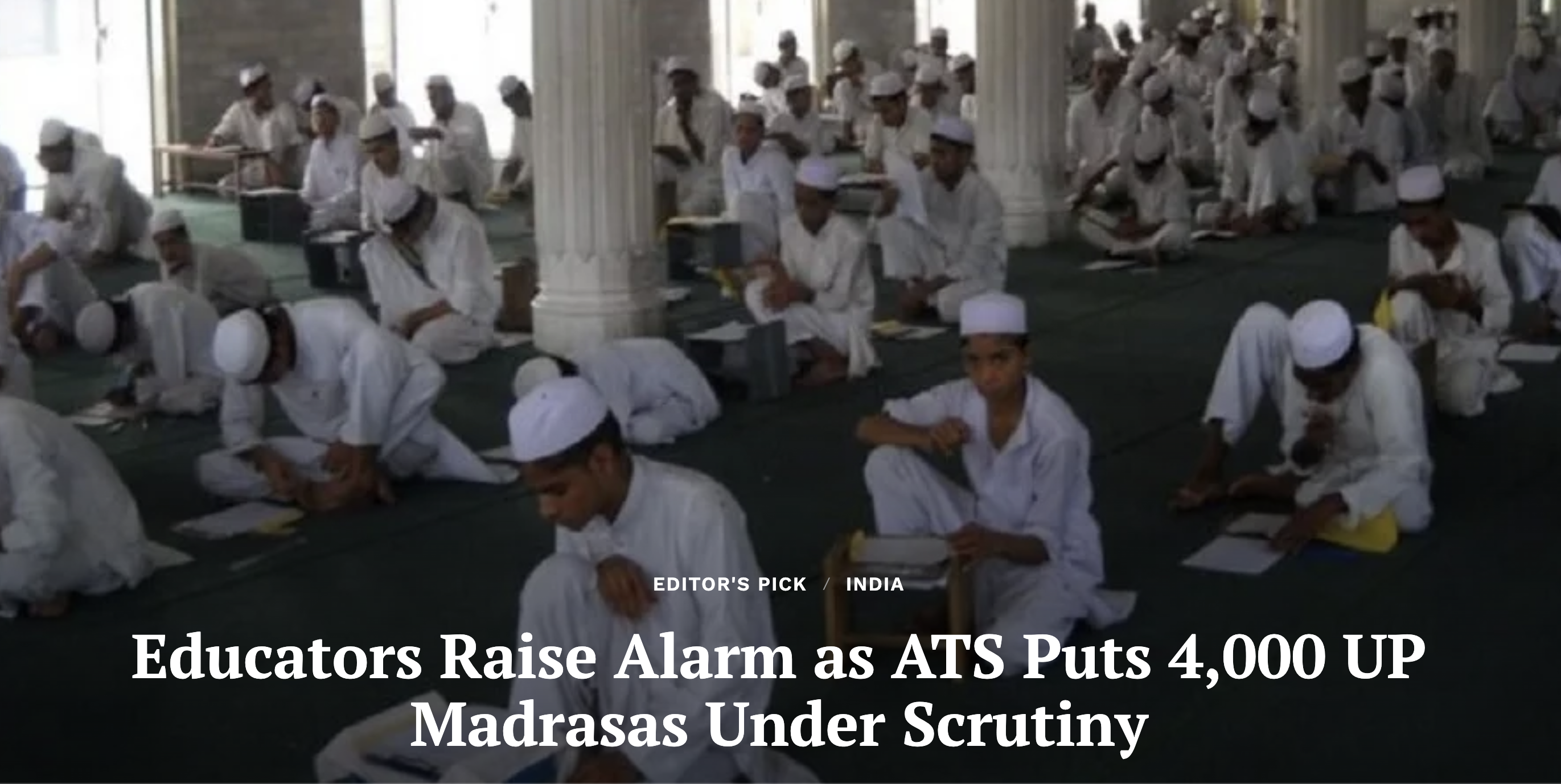
By Ananya Sharma
In June 2024, the Uttar Pradesh government razed approximately 1,800 structures. Its campaign included the mass demolition of 1,100 homes in Lucknow’s Akbar Nagar, as part of an urban redevelopment project framed around ‘eco-tourism’. Official narratives claimed these demolitions were necessary to reclaim land from ‘encroachers’ and ‘land mafias’. In reality, the government’s actions masked the displacement of marginalised communities.
This is one of many actions that exemplify what is now referred to as ‘bulldozer justice’: the popular, state-sanctioned practice of using bulldozers punitively, to demolish homes, businesses, and places of worship. Bulldozers have become emblematic of right-wing authoritarianism in India. Demolitions unlawfully target minority communities, Muslims in particular, in a symbolic assertion of sovereign power.
Bulldozer demolitions have become emblematic of right-wing authoritarianism in India, as state leaders target minority communities
The weaponisation of bulldozers as instruments of ‘justice’ marks a lethal convergence of retributive governance. Demolitions are supported by a majority, and articulated through celebrations in popular culture. According to Amnesty International, 128 ‘targeted demolitions’ took place between April and June 2022 in the Indian states of Assam, Delhi, Gujarat, Madhya Pradesh, and Uttar Pradesh, making 617 people homeless.
The state defended its actions as stringent measures against illegal encroachments. Victims of the demolitions with criminal records also received harsh punishments. Yet human rights organisations and opposition leaders allege that the states’ actions are the result of communal bias and legal impropriety.
Justice as retribution
Punitive populism mobilises popular support for retributive — often unlawful — action against individuals or groups, and frames it as a threat to the moral, cultural and political order. The state uses violence to assert control, discipline dissent and consolidate majoritarian sentiment.
The bulldozer — a formidable machine symbolic of planning and progress — has been commandeered by the ruling Bharatiya Janata Party (BJP) for punitive purposes. Punitive populism thrives on appeals to majoritarian outrage, positioning marginalised communities as threats to national identity. Domicide — the intentional destruction of homes — has become the spatial expression of punitive populism. Home, a sanctuary of dignity and security, becomes a site of collective punishment.
Punitive populism thrives on affective appeals to majoritarian outrage, positioning marginalised communities as threats to national identity
Article 21 of the Indian Constitution guarantees the fundamental right to life and personal liberty. The Supreme Court interprets this to include the ‘right to shelter’. India has also signed the International Covenant on Economic, Social and Cultural Rights which provides the right to adequate housing. The Covenant prohibits forced evictions unless they accord with general principles of reasonableness and proportionality. Bulldozer justice defies these constitutional and normative principles.
This story was originally published in theloop.ecpr.eu. Read the full story here.






